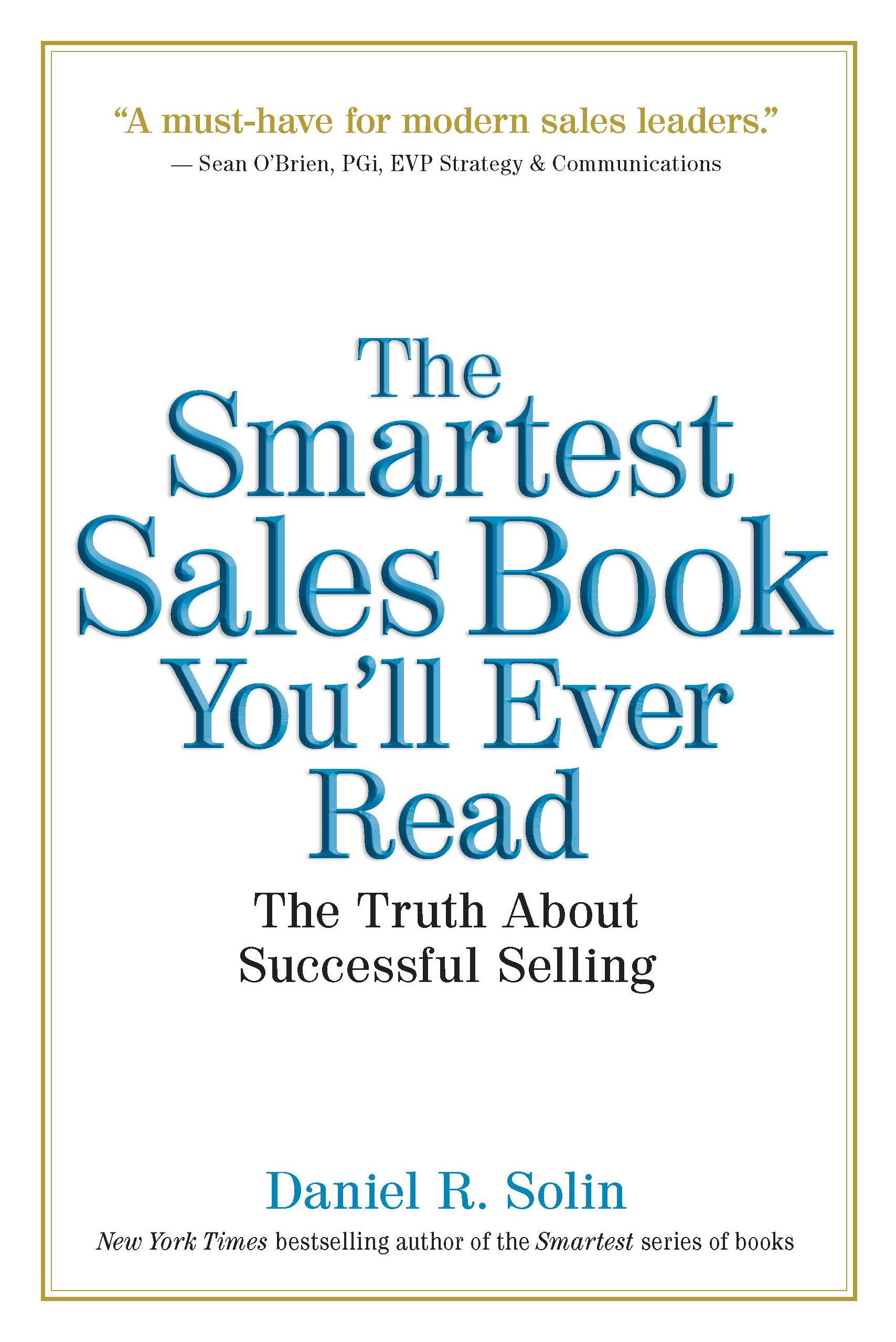It's no wonder that you are confused. The financial media inundates investors every day with a barrage of irrelevant -- and often misleading -- information. You might think every conceivable question about investing has been fully explored by now and that the answers to the majority of inquiries would be obvious. Not true. Here are some important questions that still need answers.
1. Why doesn't Jim Cramer post his stock-picking track record?
The bombastic Jim Cramer is not shy about making stock recommendations. Investors might infer that he, or some other market "guru," has a special ability to identify mispriced equities. However, I have seen no evidence that his track record is any better than the investment advice you would get from tossing a coin. One study of 62 forecasts from 2005 to 2012 gave him an accuracy rate of 46.8 percent, which is less than you would expect from random chance.
Why doesn't he post his track record and divulge his methodology? If he is afraid of what the data would show, is it responsible for CNBC to give him a forum without disclosing the fact that he has no special knowledge or expertise as a stock picker?
2. Why do investors care which stocks billionaire hedge fund managers are buying?
Almost every day, the financial media outlets feature stories with headlines like "Billionaire Mason Hawkins Can't Get Enough Of These Two Stocks."
Why should you care? Most hedge fund managers make money trading other people's hard-earned dollars, not their own. The evidence of stock-picking skill is sparse, at best. And hedge fund managers make money whether their fund posts a profit or loss.
The track record of the average hedge fund is dismal. As my colleague, Larry Swedroe, noted, for the 10-year period ending 2014, the HFRX Global Hedge Fund Index returned just 0.7 percent. You would have earned greater returns in every major equity class.
As Swedroe observed: "This type of performance is the reason behind the famous aphorism that hedge funds aren't investment vehicles, nor are they an asset class -- they're actually compensation schemes."
Given these results, it seems more logical to short the stock picks of the average hedge fund manager than to copy them. I haven't seen any articles or interviews extolling that strategy.
3. Why aren't "stock gurus" banned from the airwaves?
I love this quote from respected author William Bernstein: "The reason that 'guru' is such a popular word is because 'charlatan' is so hard to spell."
I am sickened by the endless stream of "gurus" pontificating in the media about the next hot stock, the direction of the market or which fund or asset class is likely to outperform. They have no accountability (or shame). When they are wrong, they ignore their mistakes and move on to their next prediction.
I am unaware of any academic, peer-reviewed evidence supporting the ability of anyone to consistently make accurate stock predictions. When they are right, it's most likely due to luck.
I believe that it's irresponsible to give the opinions of stock "gurus" broad distribution. The harm done to investors is incalculable.
4. Why do the financial media focus on the past returns of actively managed funds?
I could understand the media's emphasis on past returns of mutual funds if they were predictive of future returns. However, an exhaustive white paper from Vanguard reached this sobering conclusion: "Past performance offers no guidance to the future. Top-performing active equity funds in one period are more likely to end up at the bottom of the tables in the next period, or to drop out of the peer group altogether, than to continue to outperform strongly."
That investors pay any attention to past performance of mutual funds is damaging, but it's not surprising. The financial media implies this information is meaningful and likely predictive.
Shouldn't the media be required to post a disclaimer when discussing past returns, indicating the fund being featured is more likely to tank than outperform?
Investors should understand that some in the financial media are little more than shills for the securities industry. They dispense advice that will benefit their advertisers, at your expense.
Don't be fooled.
 Dan Solin is a New York Times bestselling author of the Smartest series of books. His latest book is The Smartest Sales Book You'll Ever Read.
Dan Solin is a New York Times bestselling author of the Smartest series of books. His latest book is The Smartest Sales Book You'll Ever Read.
The views of the author are his alone and may not represent the views of his affiliated firms. Any data, information and content on this blog is for information purposes only and should not be construed as an offer of advisory services.
